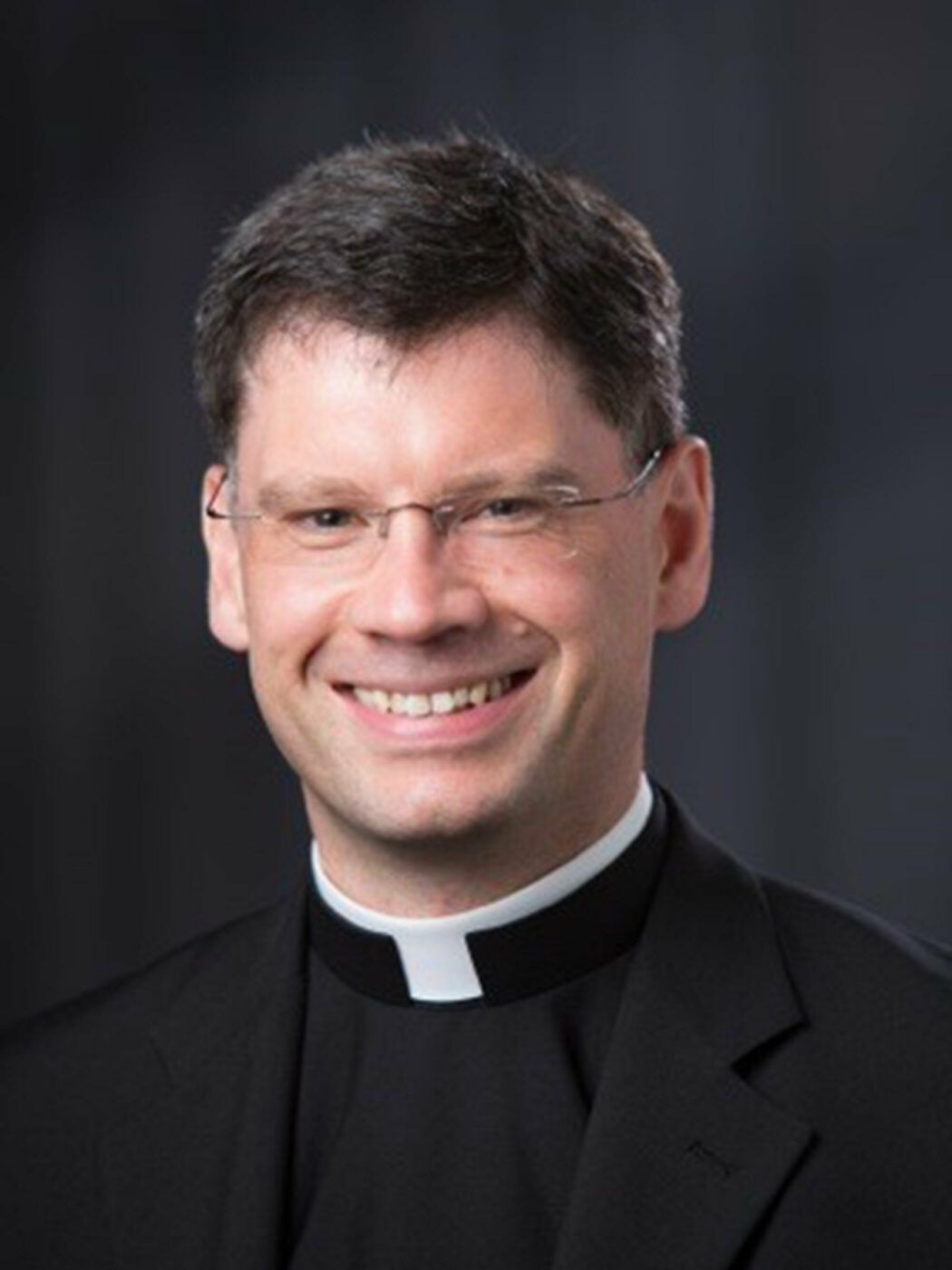The more we trust, the more God can do for us. Trust pulls on the heart of God. It’s as if He finds it irresistible. This Sunday’s gospel provides an example.
The leper in the gospel longs to be made clean. He approaches Jesus, trusting that Jesus can do this for him. He has complete confidence in Jesus and so kneels before him and begs: “if you wish, you can make me clean.” Jesus is deeply moved. Declining this heartfelt prayer is unthinkable to Divine Mercy. Jesus says: “Of course I will it. Be made clean!” The man is made clean—and not just as to his leprosy. Yes, the leprosy left him, but the whole person is “made clean.”
In Old Testament times, leprosy was seen as connected with sin. The healing of leprosy—being “made clean”—was associated not just with freedom from disease but with freedom from sin that somehow seemed to lurk mysteriously behind human suffering.
The one healed from leprosy was to go to the priest, to be declared clean, and to make an offering to God. The separated one was restored. He was no longer apart or alienated but in communion again. The parallels with the Sacrament of Confession are not difficult to trace. Saint Thomas Aquinas, a great doctor of the Church, saw the healing of the leper as a figure of the Sacrament of Confession.
The healing work of Christ continues through the ministry of the Church, especially in the Sacraments of Healing. These are the Sacrament of Penance (or Reconciliation) and the Anointing of the Sick. Here, Divine Mercy works countless hidden miracles. This quiet, spiritual revolution spills out into the world, witnessed by others in healed lives, renewed hearts, restored joy, and even in physical restoration.
Sacred Scripture, especially today’s gospel passage, underlines that the whole person is transformed in Christ. Gospel miracles involving the body point to the deeper healing of the heart. The leper’s prayer (“if you wish, you can make me clean”) is not just an appeal to Jesus as dermatologist. It is a cry to Jesus the Divine Physician. It’s an appeal from the heart: “Make me new. Make me whole. Cleanse me from my sin. Reconcile me once more to God and the community. Undo what sin has done. Restore God’s image in me.” It is the cry of everyone who longs for God and of everyone who comes to know Jesus Christ.
Let’s make this our prayer for Lent: “if you wish, you can make me clean.” Psalm 51, King David’s great “Act of Contrition,” is an expansion of this short prayer. It’s the best known of the seven Penitential Psalms. Find it in your Bible or print it out and pray it during Lent, savoring each line. It will change you! Saint Thomas More prayed it every day of his life. Allow the Lord, through the words and grace He gives us, to create in you a pure heart, a steadfast spirit, an upright life, and unwavering trust.
This Lent, perhaps what the Lord seeks most in us is our trust. With trust such as the leper brought to Jesus, the Lord can make us clean and make us whole. Bishop Eric Varden expresses this profoundly:
The primary ascesis required of a Christian is trust. By trust, we give up illusory claims to omniscience. We give ourselves into God’s hands and choose to be reformed according to His purpose. Only He can realize His likeness in us, uniting in a chaste whole the disparate factors that make up our history and personality (Chastity: Reconciliation of the Senses, 121, emphasis added).


